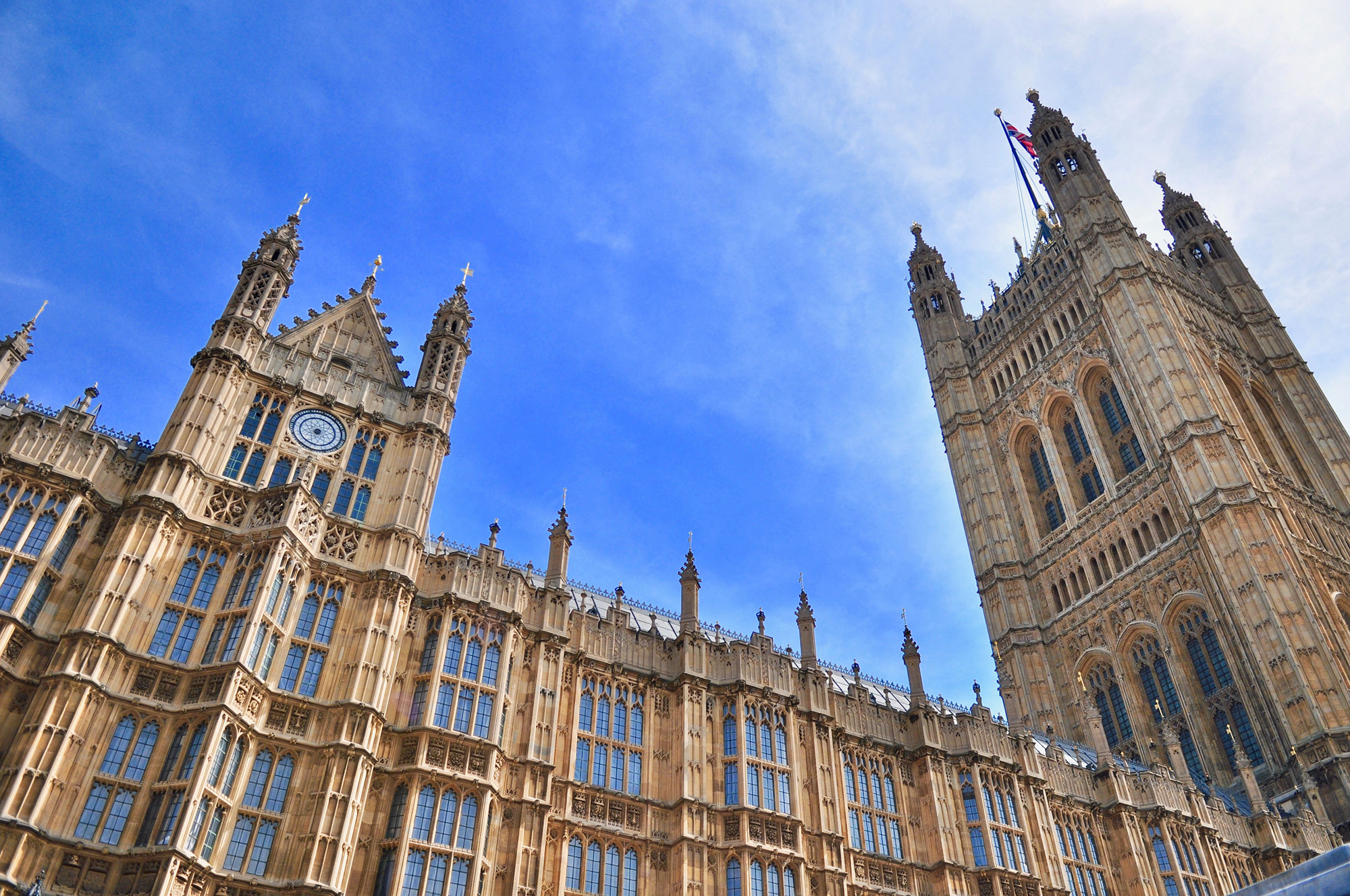Days
Hours
Minutes
Seconds
May 1 2026 - Renters' Right Act Commencement Day
You have 0 days to:
Serve any final Section 21 notices
Stop accepting above-asking rent offers
Prepare for the rental bidding ban
Remove “No DSS” from adverts
Remove “No Children” from listings
Show one clear rent price
Stop using fixed-term agreements
Switch to periodic tenancy templates
Check which tenancies go periodic
Stop taking rent before signing
Take no more than one month’s rent
Move all evictions to Section 8
Train staff on new notice rules
Create Section 13 process flow
Add two months to rent reviews
File court claims for Section 21s
Update landlord move-in grounds
Update landlord selling grounds
Send the RRA Information Sheet
Create written terms where missing
Update How to Rent processes
Review tenant screening questions
Update pet request processes
Stop backdating rent increases
Discuss rent protection backbooks
Act now before it is too late...
What are Labour's plans for the private rented sector?
With a general election announced for 4 July 2024, what would the Labour party's plans for the private rented sector look like?
The Goodlord team
Jul 3, 2024
Updated: 3 July 2024
Since the unexpected announcement made by Prime Minster Rishi Sunak of a 4 July general election, now is the time for agents to be aware of what Labour’s plans are for the Private Rental Sector (PRS).
BBC’s poll tracker shows that the Labour Party holds 40% of votes in opinion polls, as of 1 July. However, this is a 5% drop since the end of May.
The Conservative Party currently holds 20% of votes in the opinion polls, which is a 28% decrease from May 2023.
Currently, the Reform Party holds 16% of the intentional votes, and the Liberal Democrats have 11%.
As the Labour Party have released their manifesto for the upcoming election, here are the key policies they wish to deliver if elected:
- Abolishment of Section 21
- Driving up standards
- House building and new towns
- Warm homes plan
- Find out more
Abolishment of Section 21
In September 2022, Labour revealed its plans for rental reform through a renters' charter, which was then built on further in October 2023. Even with the upcoming General Election on 4 July most likely dissolving the Renters (Reform) Bill, Labour remains steadfast in its commitment to abolish Section 21.
According to the Labour Party's manifesto, they will "immediately abolish Section 21 'no fault' evictions, prevent private renters being exploited and discriminated against".
Section 21 allows a landlord to evict a tenant without providing a specific reason - hence being dubbed "no-fault" evictions.
When the Renters (Reform) Bill was debated in parliament during the bill’s second reading in October 2023, the Conservative party said that the courts needed to go through significant reform before Section 21 would be abolished, leaving timelines unclear.
In terms of Labour's timelines, Angela Rayner, Deputy Leader of the Labour Party and shadow housing secretary, recently stated that the party will scrap Section 21 on their first day in office.
Driving up standards
As well as abolishing Section 21, the Labour Party's manifesto stated its commitment to raise standards within private rented homes.
To do this, the Labour Party will extend Awaab's Law to the private rental sector.
This law was originally introduced into the social sector in July 2023 following one-year-old Awaab Ishak's passing away "as a result of a severe respiratory condition due to prolonged exposure to mould in his home environment".
Currently, the law requires social housing landlords must:
- Investigate hazards within 14 calendar days
- Provide a written report of the investigation
- Begin repairs within 7 calendar days if the hazard could create a significant risk to the health or safety of the tenants
- Complete repair work within a 'reasonable time period'
- Emergency repairs must be completed within 24 hours
- A clear record of correspondence with residents and contractors
Health and safety hazards include damp and mould, excess cold or heat, and carbon monoxide and fuel combustion products. The full list of hazards can be found here.
House building and new towns
Labour has made a manifesto commitment to “get Britain building again” with 1.5 million new homes over the next parliament.
The party plans to immediately update the National Policy Planning Framework to favour sustainable development. There are plans to take a "brownfield first approach" that will develop previously used land when possible.
In Goodlord and Vouch's State of the Industry report, which surveyed more than 2,000 landlords, tenants, and letting agents, 58% of letting agents saw fewer homes available for tenants in 2023 - while 77% saw increased demand.
Warm homes plan
The Labour government has committed to meet minimum energy efficiency standards by 2030 - but it is not stated in their manifesto to which rating they wish to aim for.
Under the Conservatives, the original plan for just the private rented sector was to have all properties reach EPC band C by 2035. Newly-rented properties were top of the priority, with an aim to EPC band C by 2025, followed by all tenancies in 2028. However, in September 2023, Prime Minister Rishi Sunak announced intentions to water down these targets.
The Labour Party's Warm Homes Plan will also invest an extra £6.6 billion over the next parliament. This investment will upgrade five million homes to cut bills for families.
The party will also work with the private sector, including banks, to private finance to accelerate home upgrades and low-carbon heating.
Want to know more?
To find out the other key policies made by the Labour Party, download our guide to the party's manifesto.









